Restorative Arts Exam 1
1/31
Earn XP
Description and Tags
Restorative Arts Exam 1 / Pittsburgh Institute of Mortuary Science / Exam date: 01/28/2025 {EXAM WILL INCLUDE ALL OTHER FLASHCARDS}
Name | Mastery | Learn | Test | Matching | Spaced | Call with Kai |
|---|
No analytics yet
Send a link to your students to track their progress
32 Terms
Minor restoration
Classified as those requiring the minimum of effort, skill, or time to complete
Ex: Alignment of bone fracture, reduction of minor swelling, simple lacerations, and bleaching and concealing minor discolorations
Major restoration
Procedures like fracture repair or reconstruction, modeling body features, and full head and hair restoration
History of RA
First practiced by ancient Egyptians
Joseph Crandall
Founder of RA
Researched and developed techniques and products
Known as demi-surgery
Today chemical companies are continuing to develop techniques and products specifically for RA
Demi-surgery
The art of building or creating parts of the body which had been destroyed by accident, disease, decomposition, or discoloration, and making the body perfectly natural and lifelike
Why we do RA
Psychological effect on family and friends
Realization of the death
Identification of the deceased
Dispels the imagination initiated by rumor
Professional responsibility
Who else can do this?
Personal satisfaction
Permissions before RA
Cost
Discuss with the family before any major work is done
Discuss the benefits of having it done
Discuss the costs of having it done
Written permission should be obtained
Be honest with yourself about the quality of you work
Norm
The most common characteristic of each part of a feature
Physiognomy
The study of the face and it's features
Morphology
The study of the change of the shape of the face, usually due to age progression
Projection
A part extending beyond the level of its surroundings
Recession
The withdrawal of a feature from it's normal positions
Protrusion
The state of being thrust forward or projecting
Depression
A hollow or concave region
Convex
Curved evenly, resembling the outer edge of a sphere
Concave
Exhibiting a depressed or hollow surface
Symmetry
Correspondence in size and shape and relative position of the parts that are on opposite sides of the face
Asymmetry
Lack of symmetry, balance, or proportion
Oblique
Slope, deviation from the horizontal or vertical; inclination
Leptorrhine nose
Long, narrow, high bridge
Western european

Platyrrhine nose
Short, broad, minimum projection
African
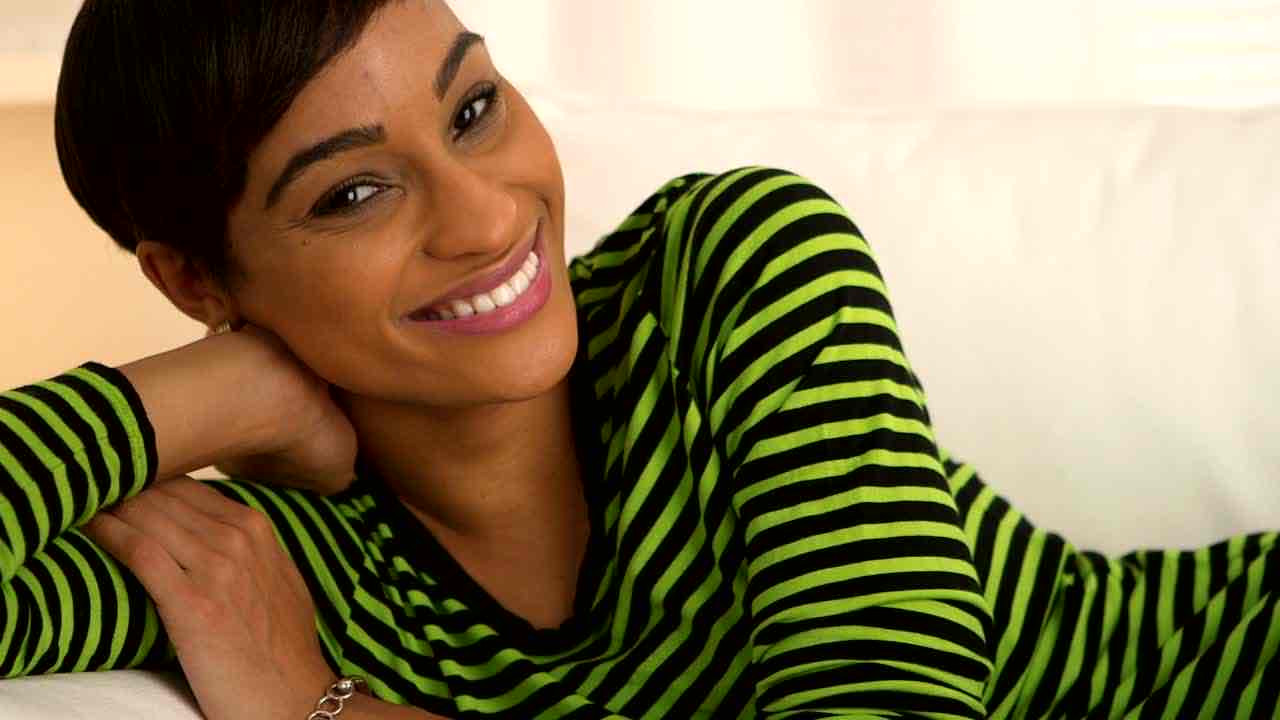
Mesorrhine nose
Medium broad, medium low bridge
Asian

Grecian profile
Straight nasal profile
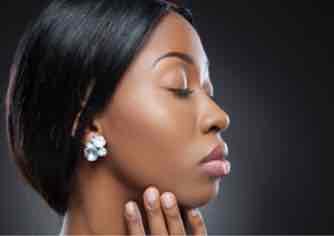
Roman (aquiline) profile
Convex nasal profile (eagle-like)
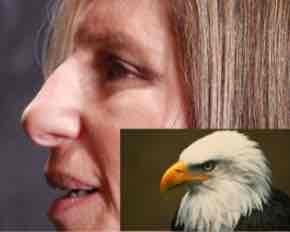
Retroussé profile
Concave nasal profile, infantile
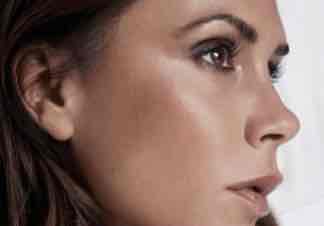
Bones & cartilages of nose
Lateral cartilages (upper lateral) (2)
Greater alar (lower lateral) (2)
Nasal spine (anatomical limit of maxilla)
Maxillary prognathism
Superior jaw protrudes
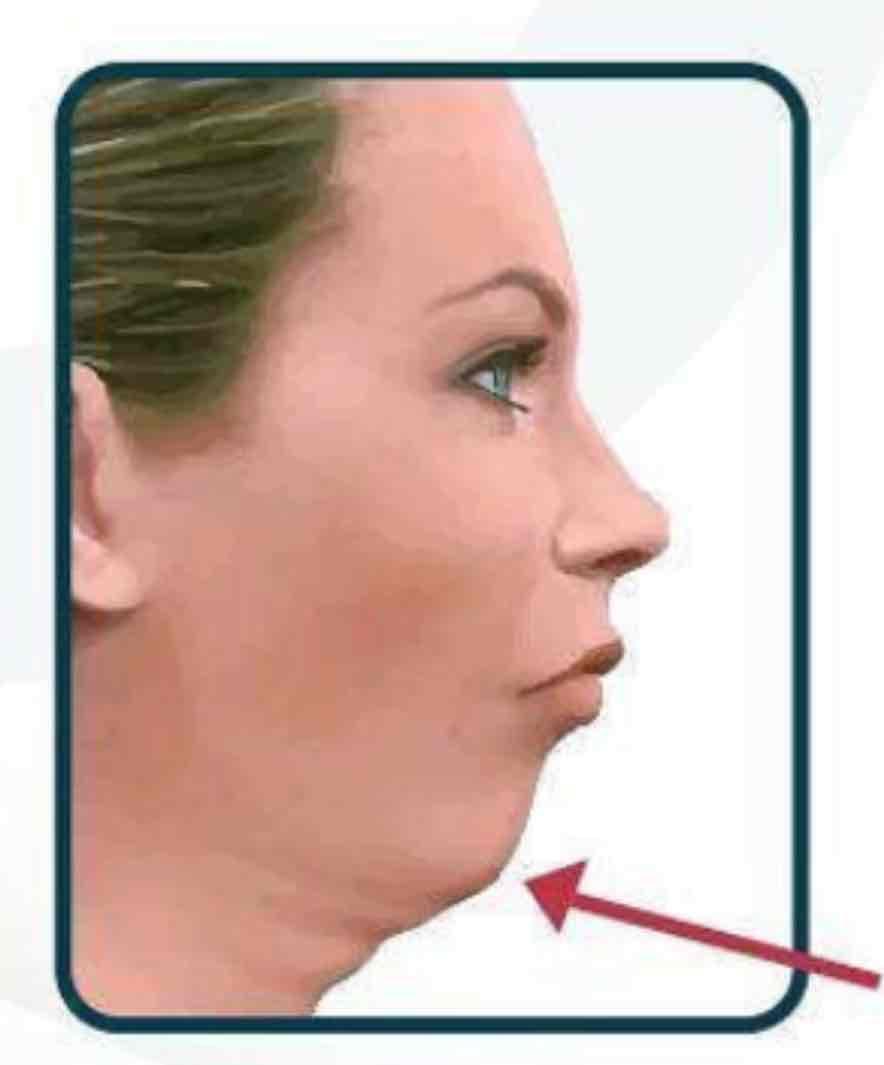
Infranasal prognathism
Base of the nasal cavity protrudes abnormally
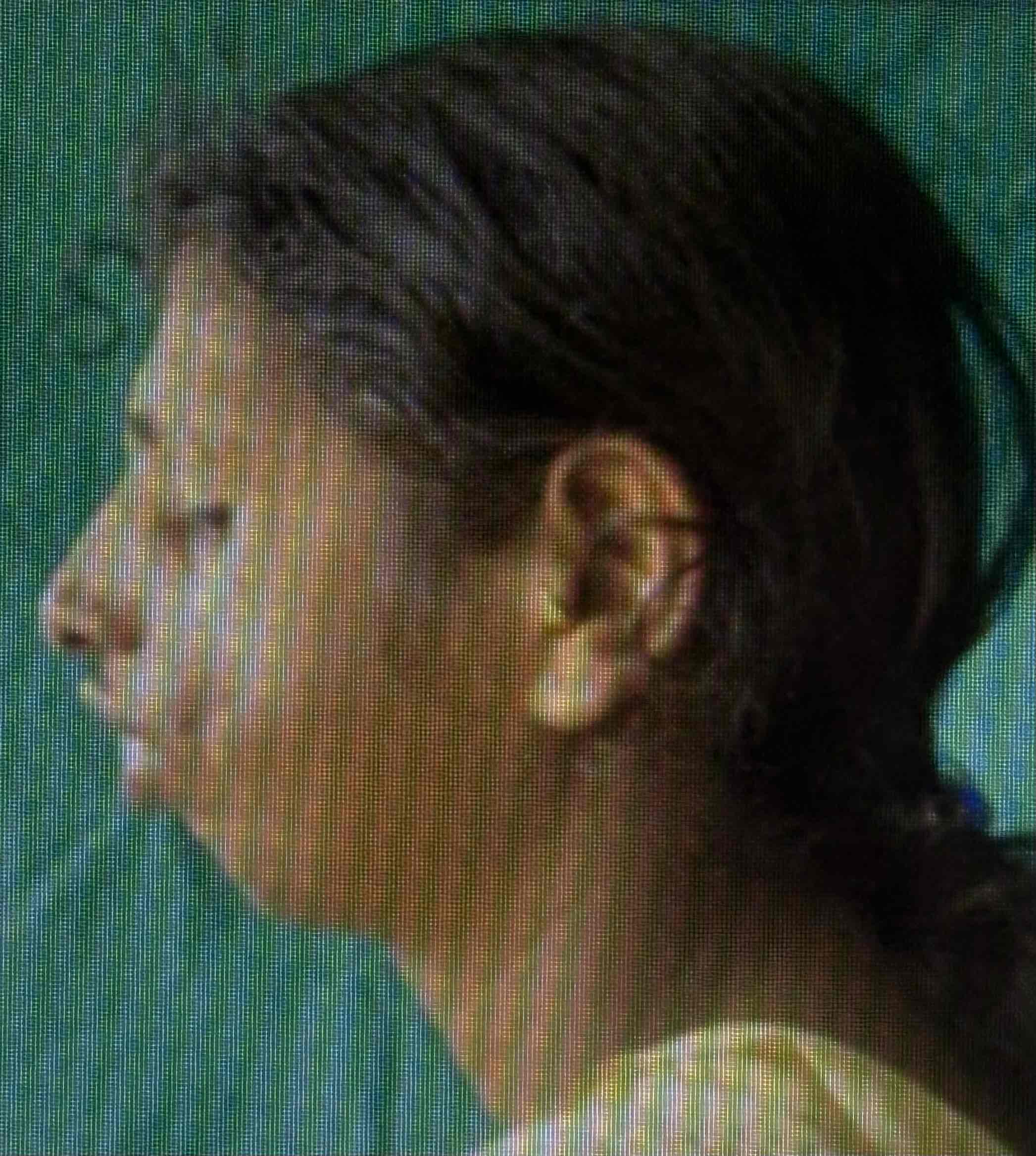
Alveolar prognathism
Protrusion of the alveolar processed
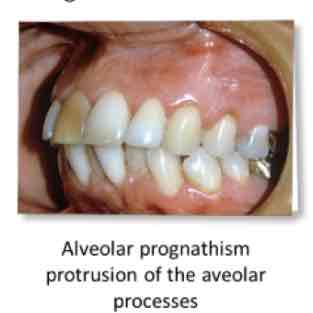
Dental prognathism
Oblique insertion of the teeth (buck teeth)
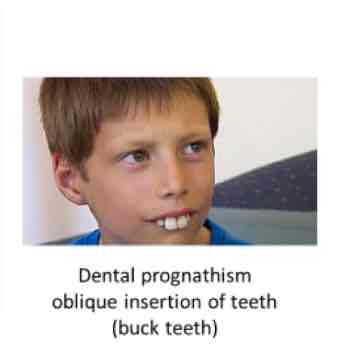
Mandibular prognathism
Inferior jaw protrudes
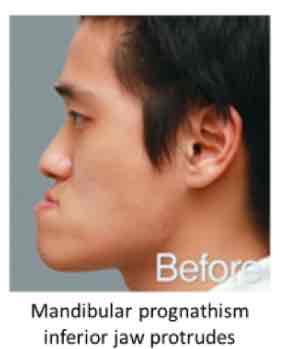
Resetting jaw
Occasionally the jaw may become misaligned or dislocated
Place your hands as pictures and push inferior and posteriorly
Jaw will set back in place allowing the mouth to close
Then use needle injector or suture mouth as usual
Channeling
Using hypodermic needle, create channels or holes from hidden points of entry into edematous tissue
Over time fluid will leak or leach from these channels creating a reduction in swelling